US veterans bring message of solidarity to Vietnam
(VNF) - The Vietnam-U.S. Society (VUS) under the Vietnam Union of Friendship Organisations (VUFO) has hosted a meeting with a delegation of the Vietnam Veterans of America (VVA), who are in Hanoi to hand over documents on more than 40 Vietnamese soldiers killed during the war on January 23rd.
| |
POW/MIA Chair Grant T. Coates hands over three dossiers with information about 40 Vietnamese martyrs to VUS representatives.
The VVA’s delegation including VVA Vice President Marsha Four, Communications Director Margaret Pratt Porter, and POW/MIA Chair Grant T. Coates, who are in Hanoi from January 19th to February 2nd.
The visit is part of the “Veterans Initiative” programme aimed to provide information on Vietnamese soldiers killed or reported missing in action (MIA) during the war.
Three dossiers and documents about more than 40 fallen Vietnamese soldiers of the U.S. war in Vietnam including map and some instructions of U.S. veterans. One of the dossiers contained an intimate photograph of a soldier fought in Tien Giang province in 1968 and one directly related to the burial site of Vietnamese martyrs at Khe Gio Bridge on Highway 9, now in Cam Lo district, Quang Tri province.
| |
Photo of a fallen soldier in one of three dossiers.
The VVA has handed over to the Defense Ministry of Vietnam 302 dossiers and other information on 12,000 Vietnamese soldiers who died or went missing during the war, and helped to search for and recover the remains of 1,500 Vietnamese martyrs since 1994.
POW/MIA Chair Grant Coates, on behalf of Vice President Marsha Four, said the VVA, a non-governmental organisation specialising in supporting issues related to U.S. veterans of the war in Vietnam, has pledged more efforts in collecting information about Vietnamese soldiers who died during the war to help retrieve the martyrs’ remains so that they can rest in peace in their homeland.
Addressing the meeting, VUS President Nguyen Tam Chien spoke highly of the exchange of delegations between the two organisations, which started in 1994, adding that these U.S. veterans' initiatives to promote the two countries' friendship and cooperation and redress the consequences of the war on the Vietnamese people.
He expressed his hope that the two organisations will continue serving as a bridge for promoting the Vietnam-U.S. relationship.
| |
POW/MIA Chair Grant T. Coates takes photo with AO victims of the Village.
On the same day, the VVA delegation had a visit to the Vietnam Friendship Village in Van Canh commune, Hoai Duc district, Hanoi.
The Vietnam Friendship Village, about 11 kilometres west of central Hanoi, provides medical care, physical therapy, education and vocational training to Vietnamese children, young adults and veterans with a range of maladies presumed to be caused by Agent Orange (AO)/dioxin.
They were very touched to witness the sequelae as well as the friendliness of the children in the Friendship Village. Although not able to directly communicate due to language differences, but the two sides gave each other sincere feelings through the warm hugs and friendly smiles.
Wishing to express sympathy and sharing, the delegation brought gifts to children of AO/dioxin in the village.
"What we bring today might be small in the amount of donations, but I sure it represents the heart of all veterans from our organisation," said Grant.
| |
The trip to the Vietnam Friendship Village left an unforgotten memories to the VVA delegation.
“It’s very good to be back. I came here when the village was five years old with my daughters, one was 12 and others one was 17 years old. When they saw the children who [at that time] were small, they changed their minds forever. They became Agent Orange activists,” Communications Director Margaret Pratt Porter./.
Minh Chau
Recommended
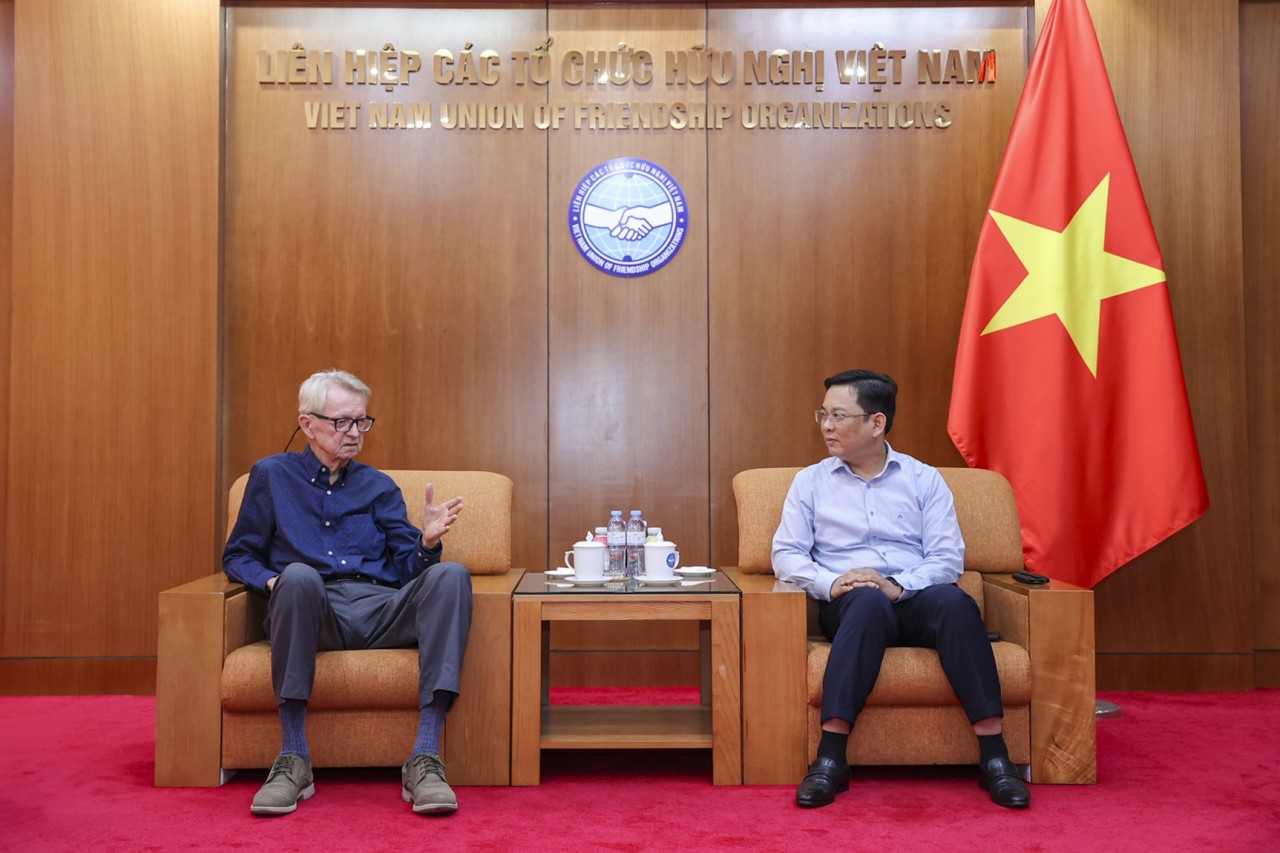 Friendship
Friendship
VUFO Appreciates Contributions of American Veterans in Overcoming Consequences of War
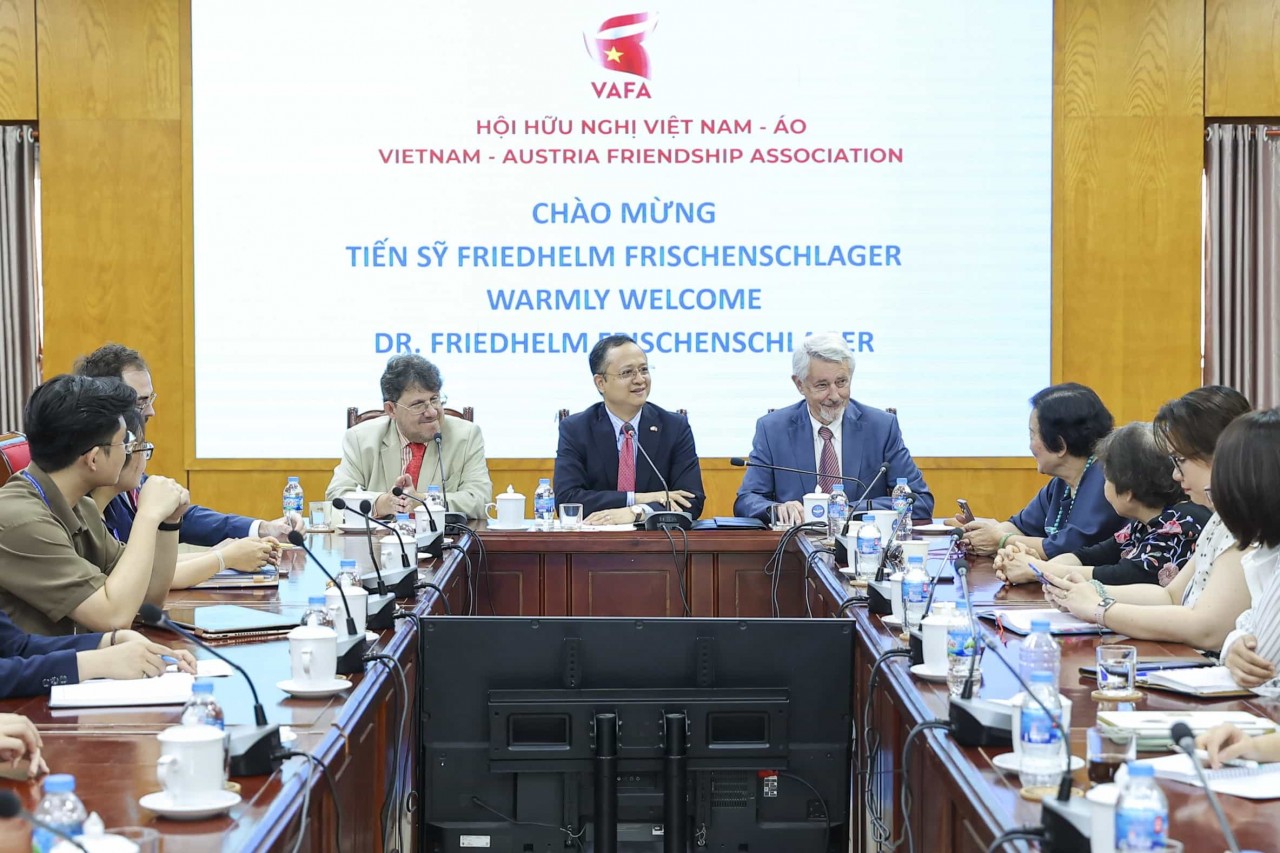 Focus
Focus
Vietnam-Austria Relations: Unlocking the Potential for Cooperation in Key Areas
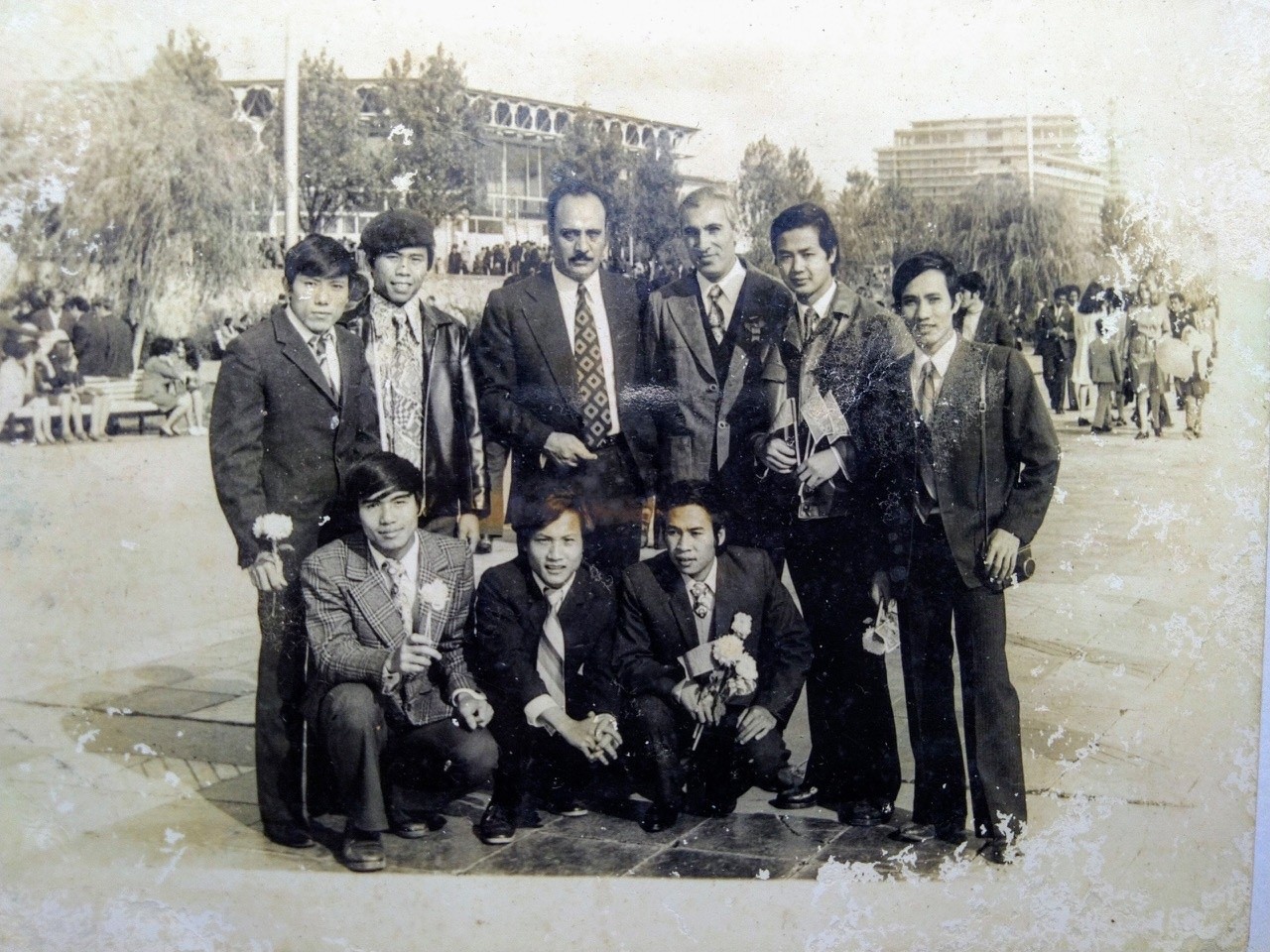 Friendship
Friendship
Vietnam - Azerbaijan: Cherished Memories Should Be Carried Forward with New Achievements
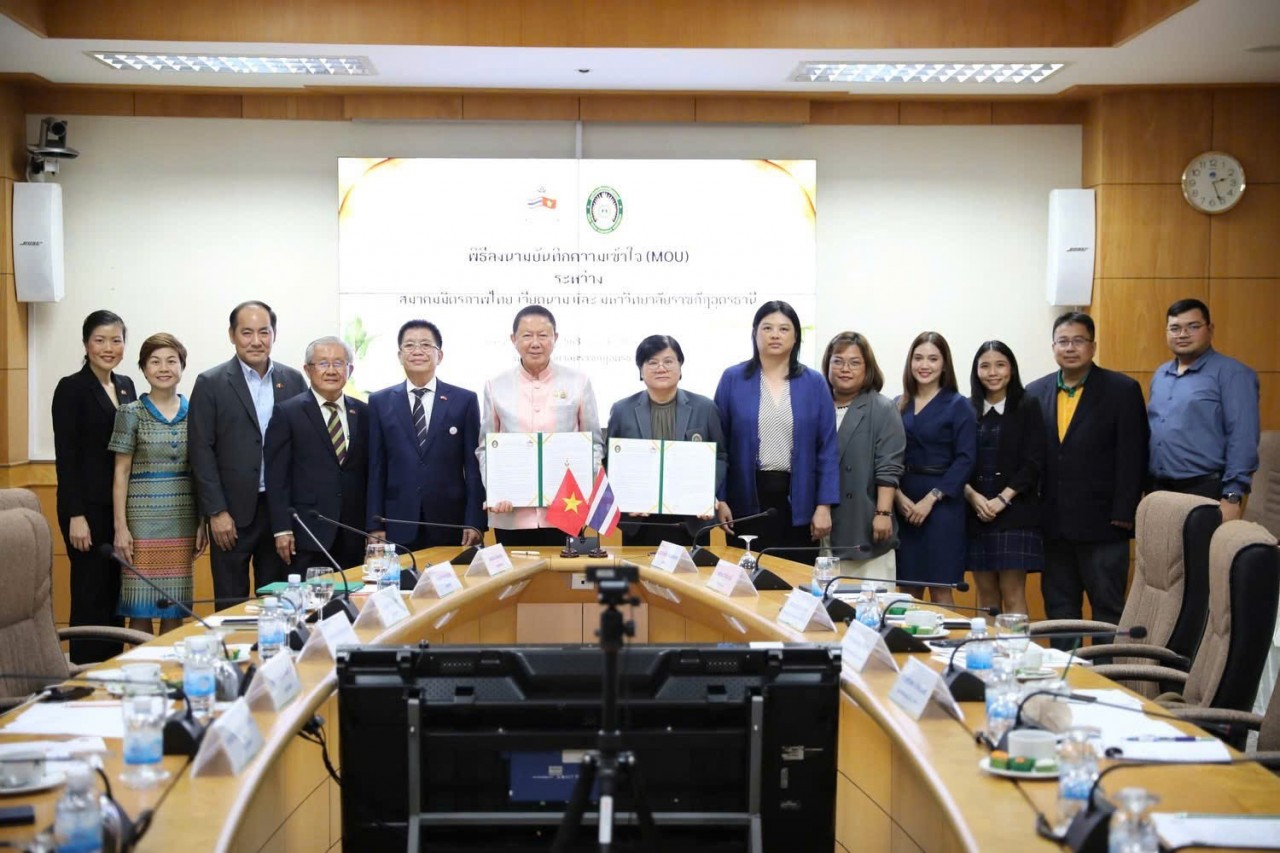 Friendship
Friendship
Center for Vietnamese Studies, Thailand-Vietnam Friendship Association Collaborate on Language Training
Popular article
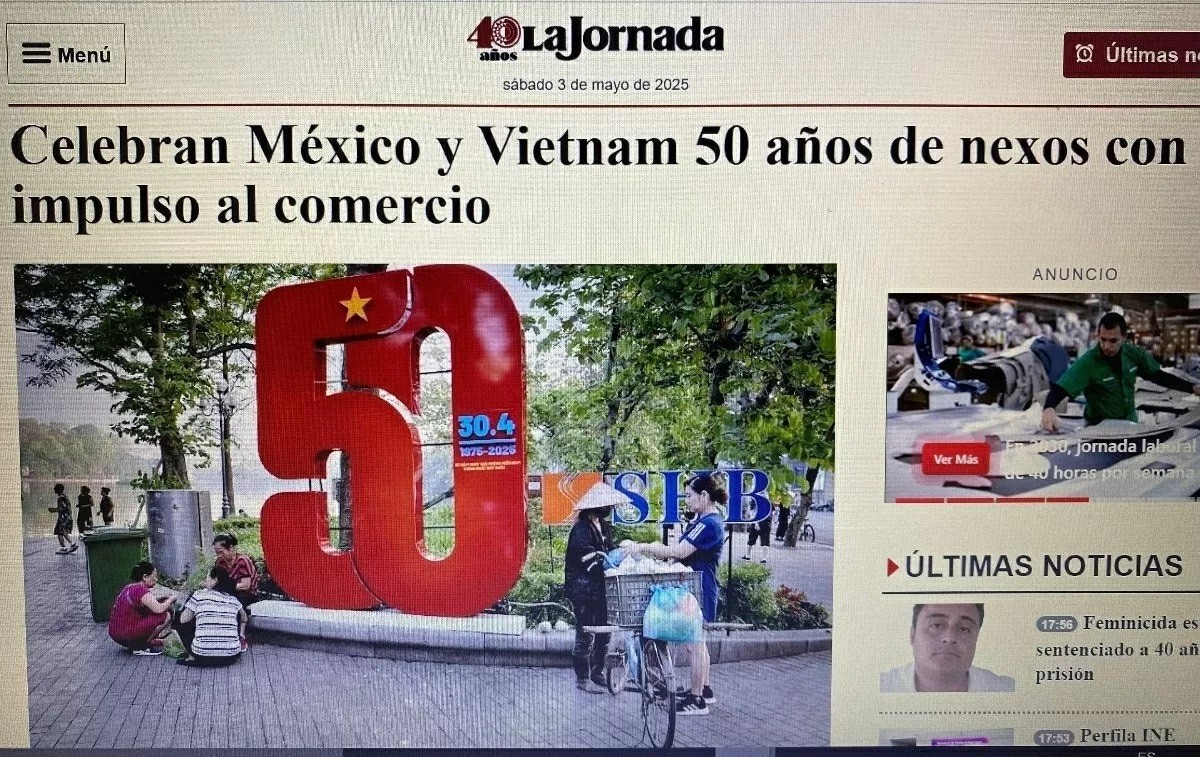 Friendship
Friendship
50 Years of Mexico-Vietnam Diplomatic Relations: Continuous Flourish in All Fields
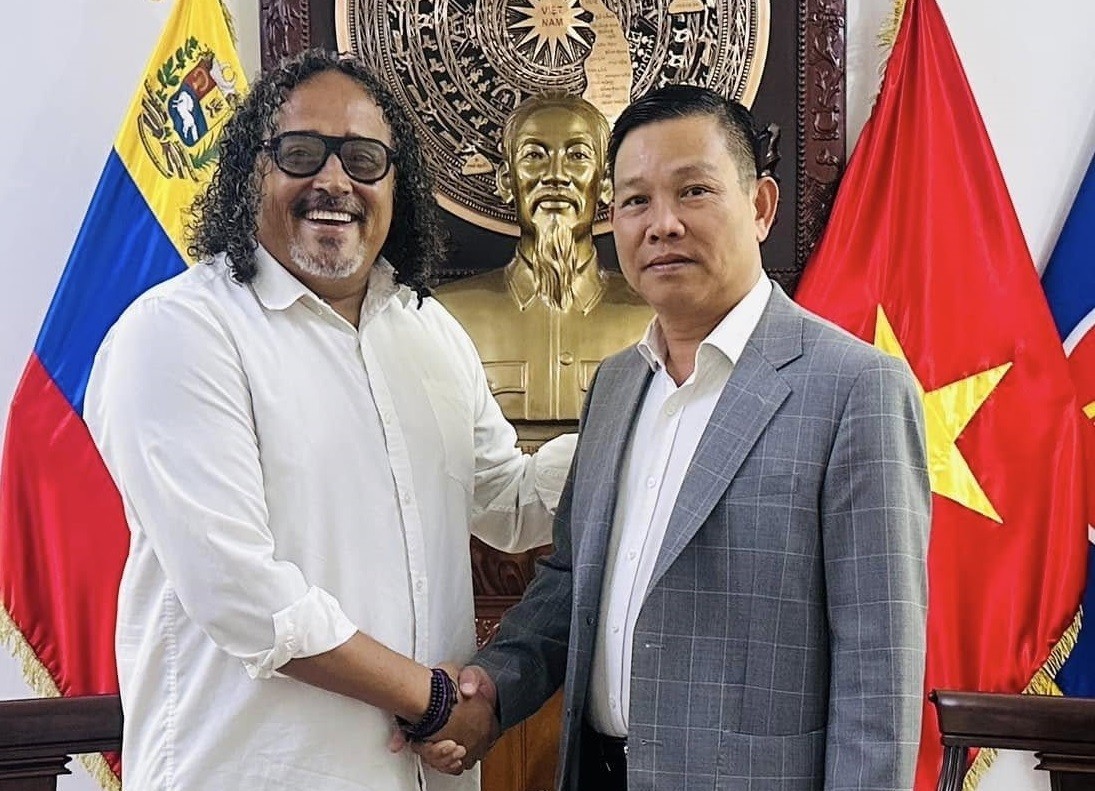 Friendship
Friendship
Venezuelan Artists Commemorate President Ho Chi Minh through Revolution Music
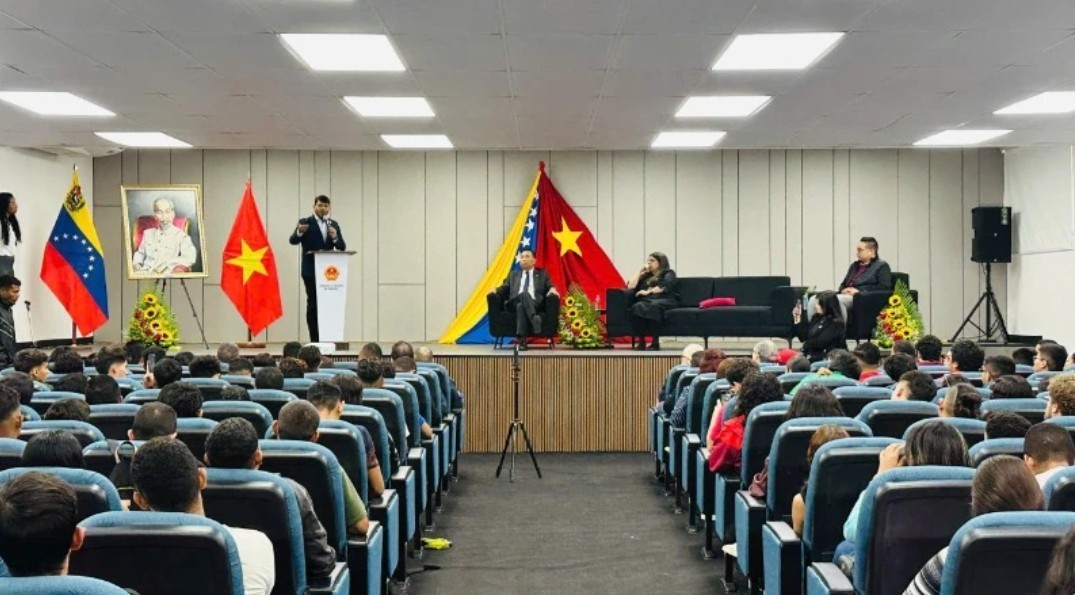 Friendship
Friendship
Vietnam's April 30 Victory Celebrated in Venezuela
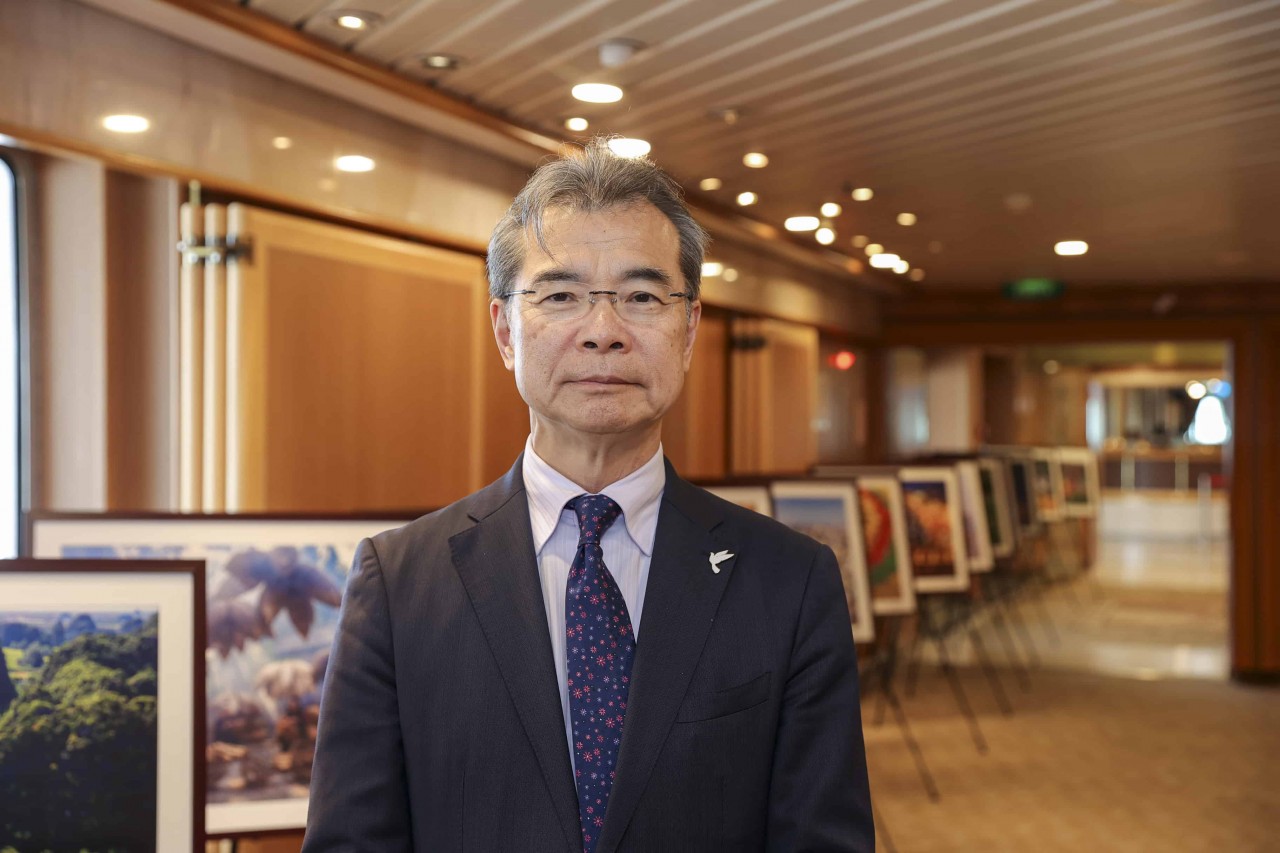 Friendship
Friendship



